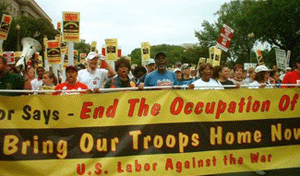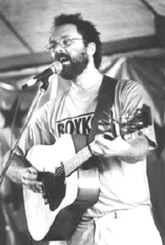ACTIVISM / HUMAN RIGHTS These are articles previously published by Toward Freedom related to this category.

Liberal Christian Organization Puts Theocrats on Notice
In a move to save the integrity of the Christian faith and combat the extremist agenda of the religious right, a group of Jacksonville Floridians have formed the Christian Alliance for Progress (CAP). The group proclaims unequivocal support for economic justice, gay and lesbian rights, environmental stewardship, reproductive rights and universal health care.


